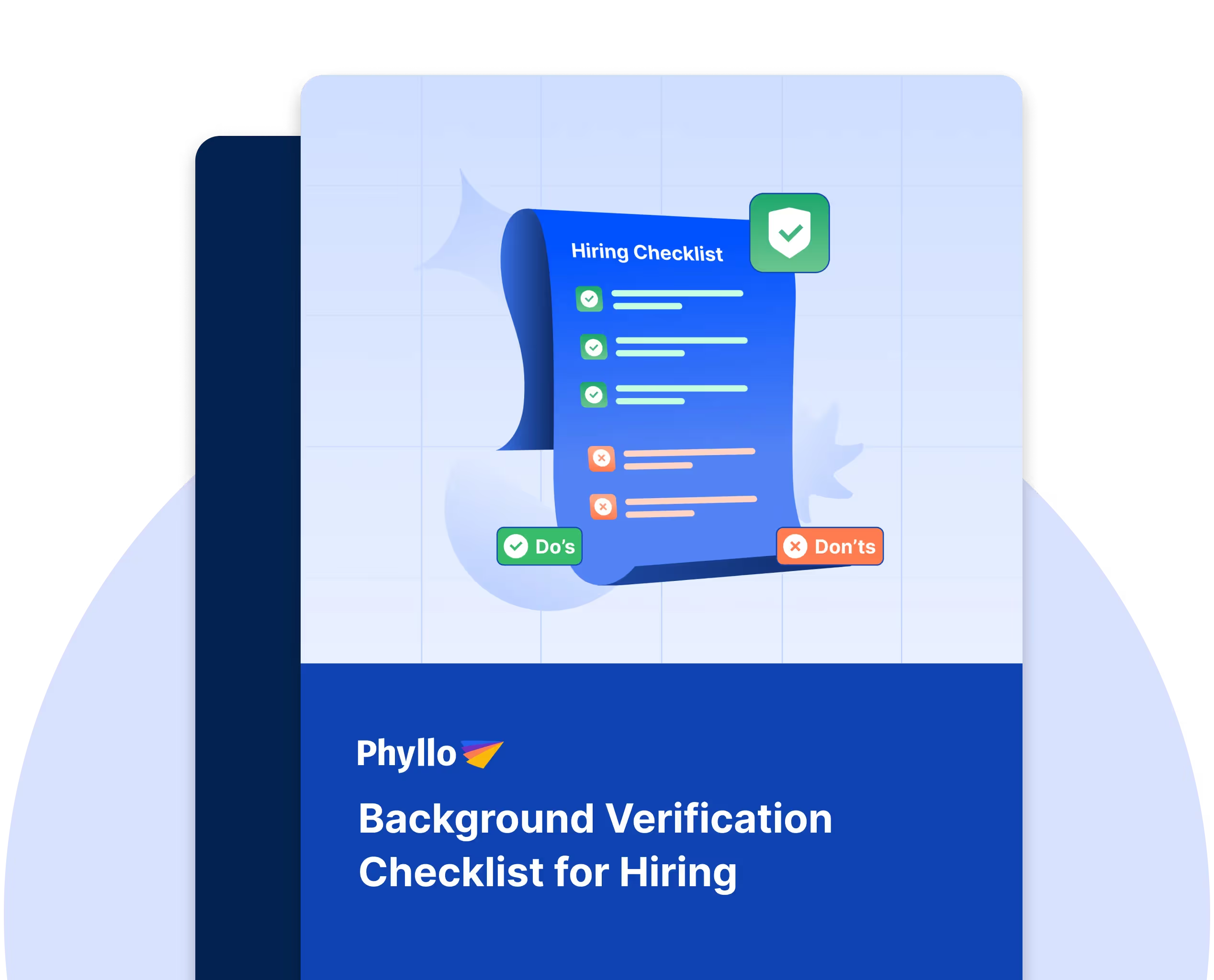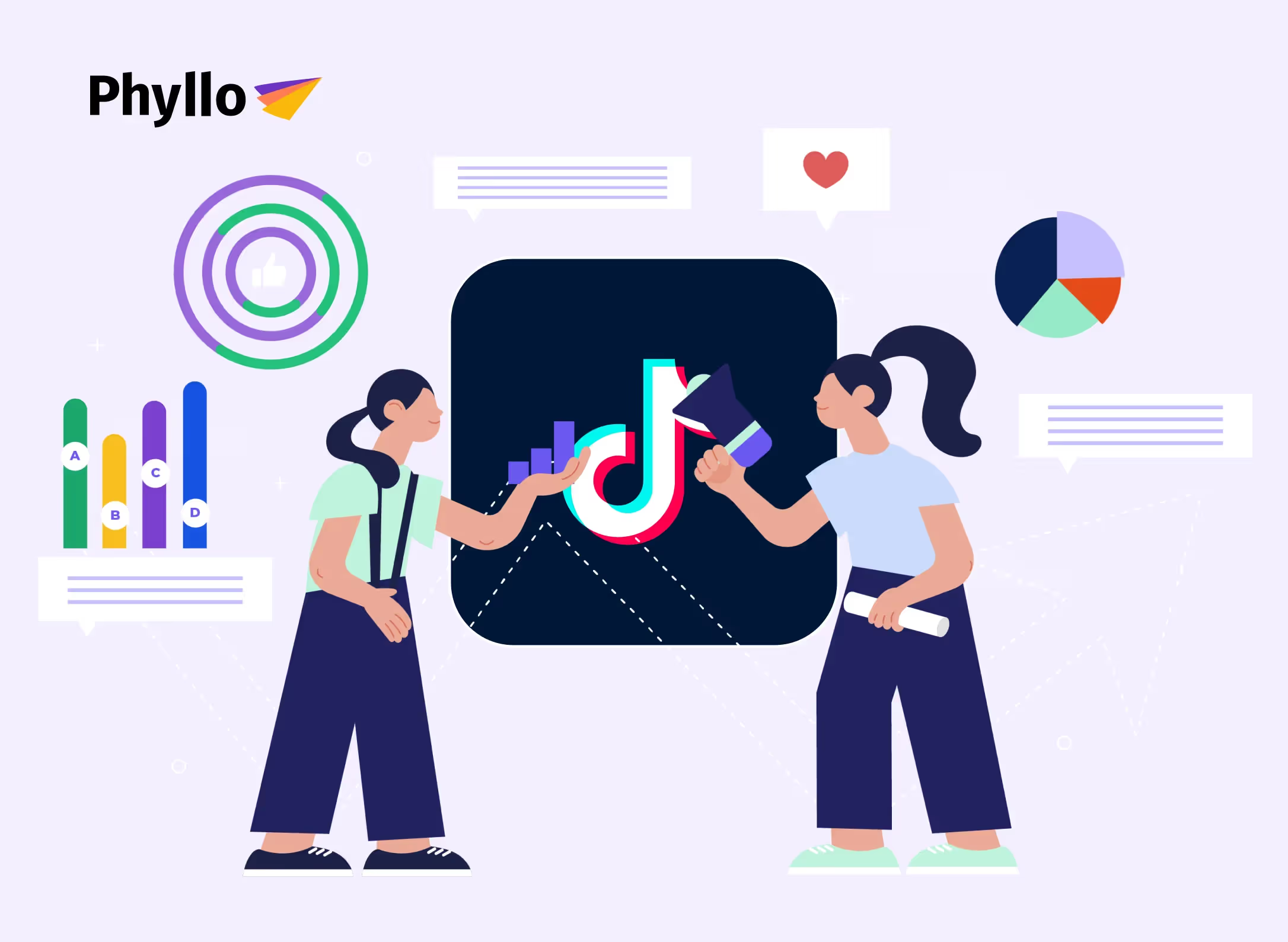In today's hyper-digital world, influencer marketing has evolved from a trend to a strategic pillar in many brands' marketing playbooks. But as the influencer economy grows, so does the pressure on brands to protect their reputation and ensure their ambassadors truly align with their values. That's where modern technologies like social listening APIs are making a transformative impact.
Traditional influencer vetting relied heavily on surface-level metrics and manual research. Now, with the rise of social listening and real-time API integrations, brands can gain a more holistic view of who they’re partnering with. This blog explores how these technologies are revolutionizing influencer vetting and making campaigns more efficient, ethical, and brand-safe.
Why Influencer Vetting Needs an Upgrade
Before diving into how social listening APIs are reshaping the influencer vetting process, it’s crucial to understand why traditional methods are no longer sufficient.
The Evolution of Brand Expectations
Consumers expect brands to stand for more than just products. They want transparency, ethical alignment, and cultural sensitivity. Partnering with an influencer who contradicts these values, even subtly, can erode trust and spark backlash.
As a result, influencer vetting is no longer a background task. It’s a front-line defense against reputational risks.
The Flaws of Manual Vetting
Manual vetting methods typically involve reviewing an influencer's feed, checking follower counts, skimming through comments, or reading past articles. While these steps are important, they’re highly subjective, labor-intensive, and prone to human error. Red flags can be missed, especially when you're analyzing dozens or hundreds of influencers in a short timeframe.
The Need for Real-Time and Contextual Analysis
Influencers are constantly publishing content and engaging with audiences. A single misaligned comment can go viral within minutes. Brands need systems that are not only scalable but also capable of analyzing context and sentiment in real time.
This is where APIs and automation come in.
What Is a Social Listening API?
To understand how social listening APIs support influencer vetting, it helps to break down what these tools do and how they work.
A social listening API is a software interface that allows brands and platforms to programmatically access and analyze public data from social media channels. These APIs collect and parse data from posts, comments, hashtags, and more to generate structured insights from massive volumes of unstructured content.
How It Works
Social listening APIs function by integrating directly into brand dashboards, CRM systems, or custom vetting platforms. They continuously monitor specified accounts, topics, or keywords across various platforms like Twitter, Instagram, YouTube, Reddit, TikTok, and more.
The API then applies advanced algorithms to assess things like:
- Topic frequency and association
- Sentiment (positive, negative, neutral)
- Toxicity or harmful language
- Engagement metrics over time
- Historical content trends
The result? Brands can instantly detect influencers who may pose risks to brand safety or fail to align with campaign goals.
Explore Phyllo’s Social Listening API to understand how it delivers real-time, actionable social data.
How Social Listening APIs Improve Influencer Vetting
Now that we understand the foundation of social listening APIs, let’s explore how they enhance each stage of the influencer vetting process.
Real-Time Reputation Monitoring
Every influencer has a digital footprint. But not all footprints are visible on the surface. Social listening APIs allow brands to assess influencers' reputations over time by aggregating historical content, replies, tagged posts, and even audience sentiment.
Rather than relying on a few recent Instagram posts, you can analyze months or years of activity to detect patterns and identify controversial behavior.
Key Benefits:
- Understand how the influencer is generally perceived online
- Catch subtle or older red flags that might otherwise be missed
- Detect shifts in reputation before they affect your campaign
Contextual Content Analysis
Not all risks are obvious. Some influencers may appear clean on the surface but regularly engage in controversial debates, endorse fringe ideologies, or use aggressive language.
Social listening APIs can analyze the content and context of their posts using machine learning and natural language processing (NLP). This allows brands to interpret not just what’s being said, but how it’s being said and received.
What You Can Uncover:
- Use of hate speech, profanity, or discriminatory remarks
- Repeated discussion of politically charged or polarizing topics
- Inconsistencies between brand values and influencer beliefs
Audience Sentiment Analysis
It’s not just about the influencer. The audience they attract matters too. An influencer might be brand-safe, but their follower base could be hostile, unengaged, or misaligned with your target demographic.
Social listening APIs assess how followers respond to influencer content, helping brands evaluate if the engagement is authentic, positive, and relevant.
Use Case Example:
A wellness brand assessing a fitness influencer might discover that most followers engage with sarcasm, criticism, or joke about misinformation. This insight can help the brand reconsider the partnership.
Vetting at Scale
Manually vetting 5 influencers is feasible. But what if your campaign includes 100 micro-influencers across different regions and niches?
Social listening APIs allow brands to automate this process by:
- Setting safety thresholds or red-flag keywords
- Running batch analysis of multiple creators
- Integrating vetting scores into campaign dashboards
This reduces the workload on internal teams and ensures no creator slips through the cracks.
Discover how Phyllo helps brands ensure influencer vetting and brand safety with powerful APIs built for scale.
Enabling Continuous Monitoring
Vetting shouldn’t be a one-time activity. Once an influencer is onboarded, their behavior still affects your campaign performance and brand perception. Social listening APIs allow brands to keep tabs on influencer activity over time.
You can set alerts for certain keywords, content types, or audience reactions—ensuring you’re the first to know if something goes wrong.
Benefits:
- Real-time alerts for sudden PR risks
- Ongoing risk assessments during live campaigns
- Continuous compliance with internal brand guidelines
Benefits for Brands, Agencies, and Vetting Platforms
With the ability to integrate directly into custom tools, social listening APIs bring multiple layers of benefits.
Enhanced Brand Safety
Automated red flag detection ensures that controversial or high-risk creators are flagged early—protecting your brand from crisis situations.
Faster Time to Market
Automation reduces manual work and enables marketing teams to launch campaigns faster without compromising due diligence.
Better Influencer-Brand Alignment
By analyzing both content and audience, brands can choose creators who naturally align with their values, tone, and positioning.
Scalable Vetting Workflows
Social listening APIs are built for scalability. Whether you’re analyzing 10 influencers or 1,000, the process remains consistent and efficient.
Data-Driven Decisions
APIs provide structured insights like sentiment scores, risk indicators, and audience analysis—empowering your team with objective, reliable data.
The Future of Influencer Vetting Is API-Driven
As the creator economy matures, so must the technologies we use to manage and measure it. The future of influencer vetting lies in tools that are scalable, intelligent, and context-aware. Social listening APIs check all those boxes.
They don’t just make influencer selection easier, they make it smarter. Instead of focusing solely on engagement numbers or follower counts, brands can now assess alignment, values, tone, and long-term reputational risk. This kind of depth is essential for meaningful, brand-safe partnerships.
As influencer marketing becomes more regulated and consumers become more conscious, vetting needs to evolve into a strategic, technology-enabled process. Social listening APIs are not just a nice-to-have, they’re becoming a necessity.
Frequently Asked Questions (FAQs)
1. What is influencer vetting and why is it important?
Influencer vetting is the process of evaluating a content creator's history, content, audience, and values before engaging in a partnership. It's crucial to ensure brand alignment, reduce reputational risks, and improve campaign outcomes.
2. How do social listening APIs work?
Social listening APIs access and analyze public data from social media platforms in real time. They use machine learning and NLP to assess sentiment, detect harmful content, and provide structured insights on influencer content and audience behavior.
3. What are the benefits of using a social listening API for influencer vetting?
These APIs enable real-time monitoring, contextual analysis, audience sentiment tracking, and scalable workflows. They also reduce manual work and increase accuracy, making campaigns safer and more efficient.
4. Can social listening APIs detect red flags in influencer content?
Yes, they can detect profanity, hate speech, discriminatory language, polarizing opinions, and other risk signals in an influencer’s content history.
5. Do social listening APIs only work on Twitter and Instagram?
No. Depending on the provider, these APIs can pull data from a wide range of platforms including TikTok, YouTube, Reddit, blogs, and even forums. The coverage depends on data access permissions and platform policies.
6. What role does audience sentiment play in influencer vetting?
Understanding how an influencer’s audience reacts to their content helps gauge authenticity, trustworthiness, and alignment with your brand’s values.
7. How can brands use social listening to ensure ongoing brand safety?
By setting keyword triggers, monitoring sentiment trends, and receiving automated alerts, brands can proactively identify and respond to risks during live campaigns.
8. Where can I find a reliable social listening API?
You can explore Phyllo’s Social Listening API for advanced capabilities and also learn more about their Influencer Vetting for Brand Safety solution.











.avif)

.avif)

.webp)